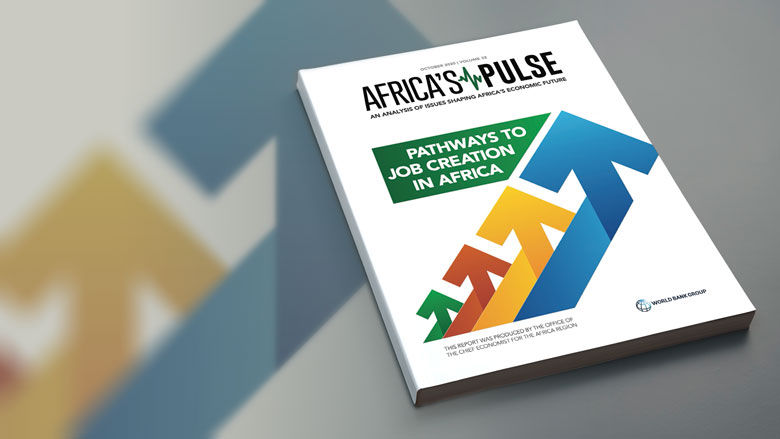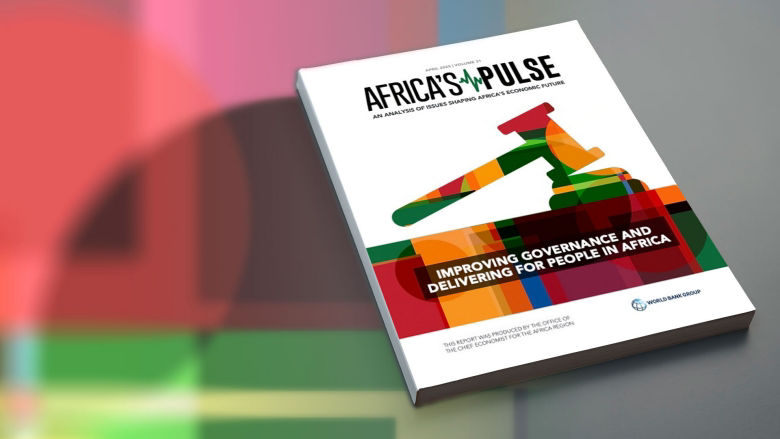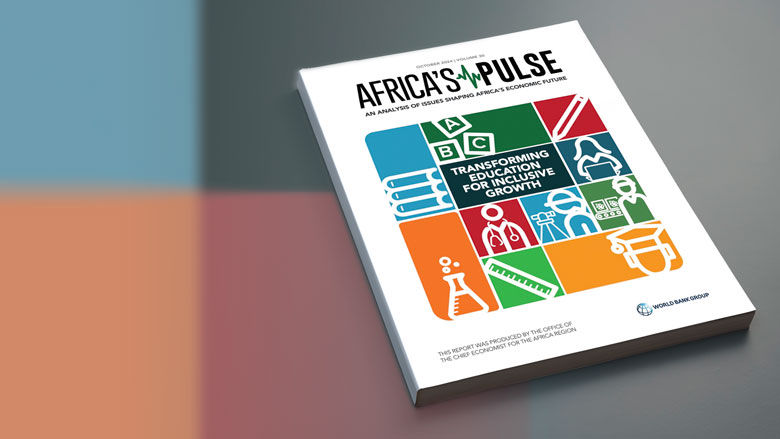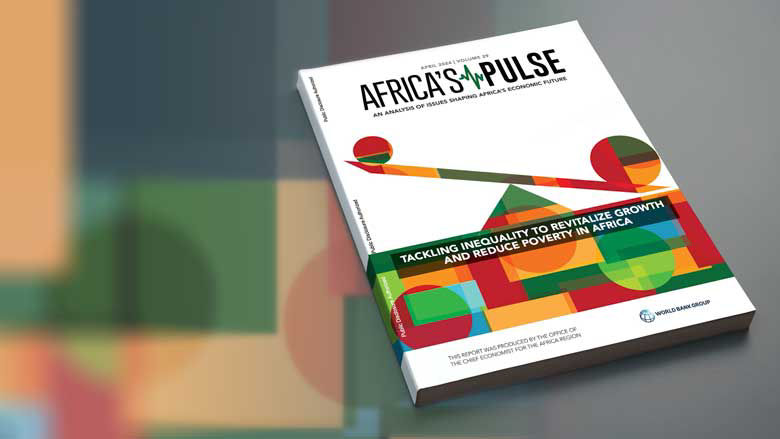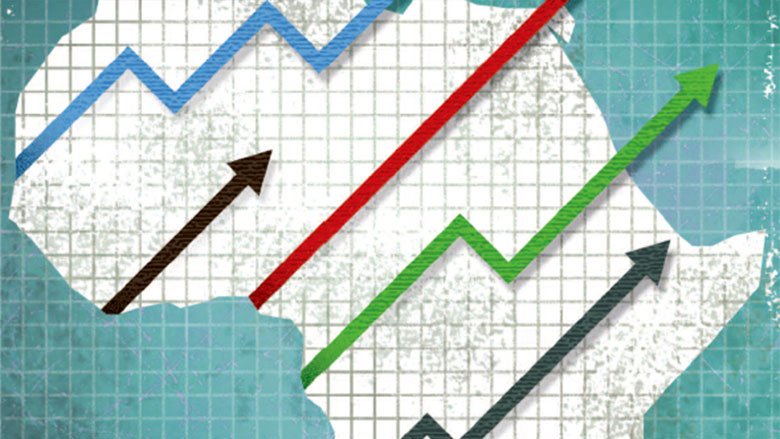Africa’s Pulse is a bi-annual publication of the Office of the Chief Economist in the World Bank Africa Region. It analyzes the short term economic prospects for the continent and current development challenges, as well as a special development topic.
